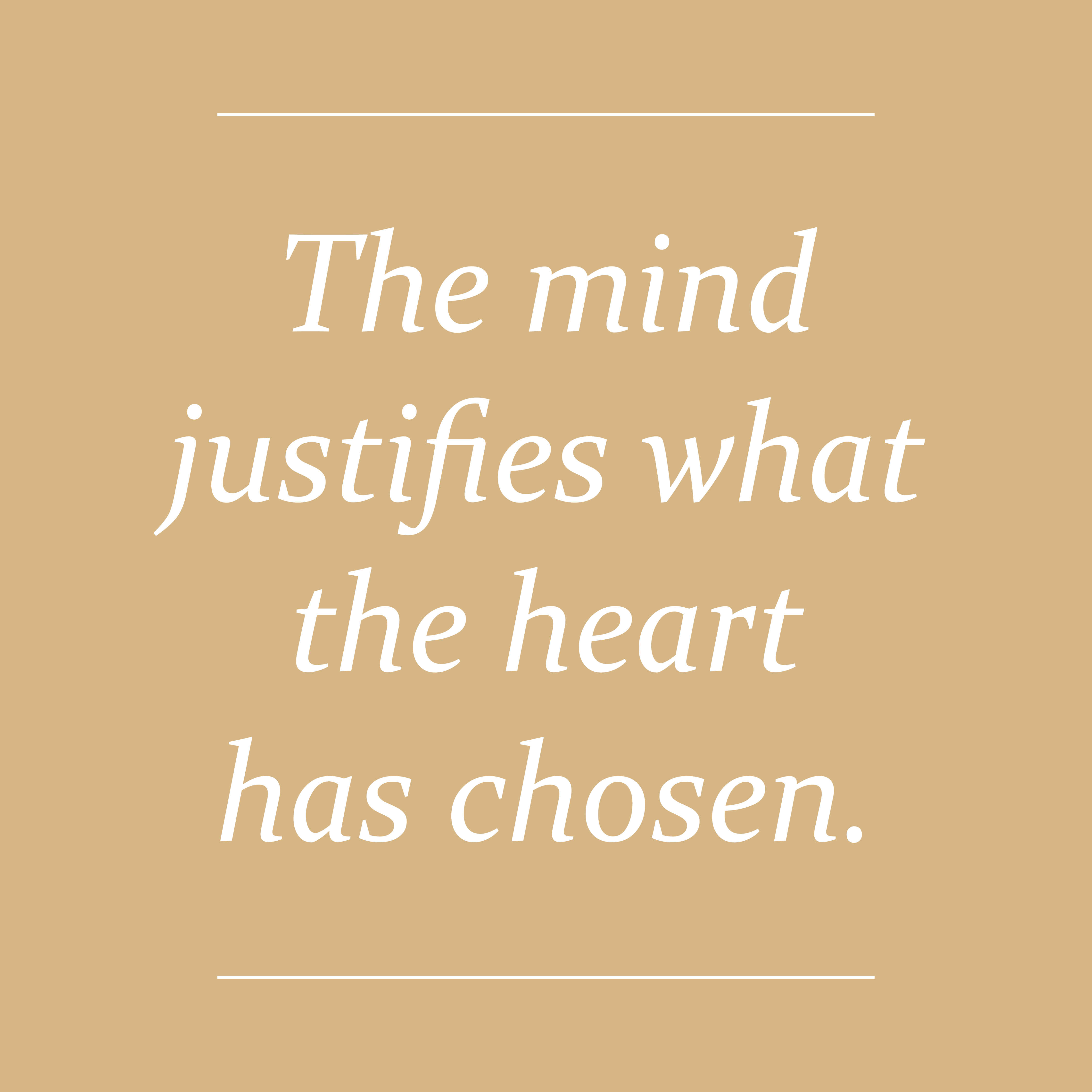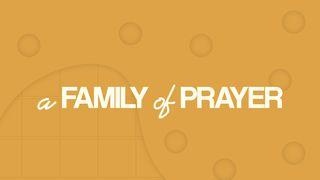Worldview: A Study on Biblical Thinking and LifestyleSample


Day Three: Presuppositional Worldview
Everyone has a worldview made up of basic assumptions called presuppositions; they exist whether a person is aware of them or not!
“Presupposition” definition (pre = before; suppose = thinking): Assumptions upon which all thought is based that make up our worldview; an agenda, conscious or unconscious, defined or undefined.
We are all on a worldview journey and begin under the influence of numerous factors, such as our family, culture, experiences, personality, and other circumstantial elements. Our worldview is built on our underlying presuppositions. Because these subconscious assumptions carry the most profound impact on our lives, they determine the degree of influence everything else has on us.
Presuppositions are decisions of the heart. Worldview starts in the heart and then moves to the mind.
"The mind justifies what the heart has chosen." —Dennis Peacocke
This is the verdict: Light has come into the world, but people loved darkness instead of light because their deeds were evil. Everyone who does evil hates the light, and will not come into the light for fear that their deeds will be exposed. But whoever lives by the truth comes into the light, so that it may be seen plainly that what they have done has been done in the sight of God. —John 3:19-21
The essence of how we live and form opinions resides in our hearts, where our capacity to love and hate originates. Love and hate are heart words, not head words! A person’s worldview begins not at the level of intellect but at the level of the heart. The Bible speaks of our hearts as the throne of our affections and allegiances:
Above all else, guard your heart, for everything you do flows from it. —Proverbs 4:23
Our allegiances precede our thoughts and are substantially influenced by the “panel of experts” we’ve chosen to trust; these, often unconscious, presuppositional motivations directly guide our thoughts, feelings, and opinions.
Our presuppositions and worldview determine our scope of reality—from how we analyze information to where we place our attention. No one is neutral in how they interpret data or present it to others. We can be distant from the information, but it’s impossible to be totally neutral to it.
So, how do we determine what's behind our own beliefs, the beliefs of others, and the issues in the world today? Any complex issue can be understood by tracing it back to the underlying beliefs about one, or any combination of, the three root presuppositions (axioms) mentioned on Day Two regarding the nature of God, the nature of man, and the nature of truth.
This simple tool will help you uncover the foundational beliefs underpinning every big question of life—from personal matters to politics and everything in between. Training ourselves to become aware of these root beliefs enables us to align our convictions more wholly with the truth of God, and it equips us to engage in meaningful conversations and effective evangelism with others.
Thought of the Day: Our allegiances precede our thoughts and are substantially influenced by the “panel of experts” we’ve chosen to trust; these, often unconscious, presuppositional motivations directly guide our thoughts, feelings, and opinions.
About this Plan

Everyone has a worldview, whether they realize it or not! As Christians, becoming aware of the filters through which we see the world is essential to our spiritual maturity, lifestyle, and influence. By learning how to think critically and analyze information, whether in the media or conversations with others, you’ll be empowered to address complex issues and life situations with confidence!
More









